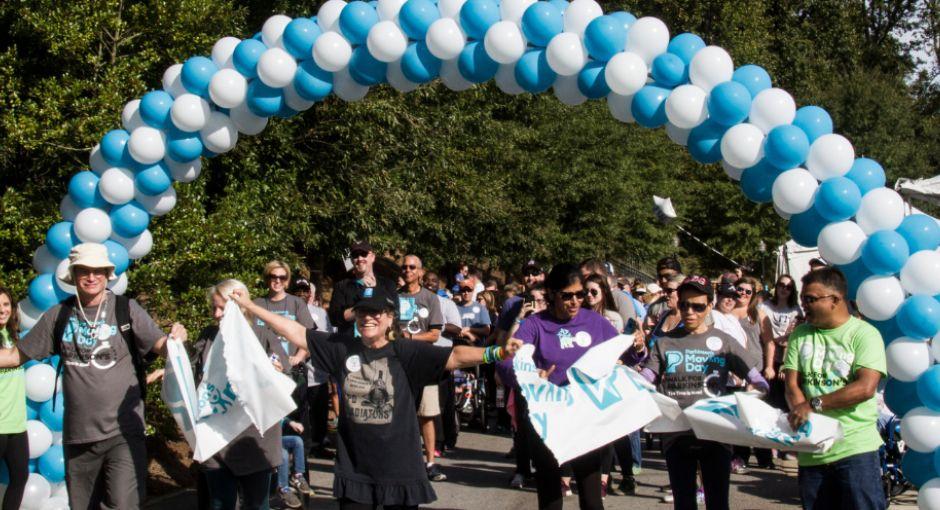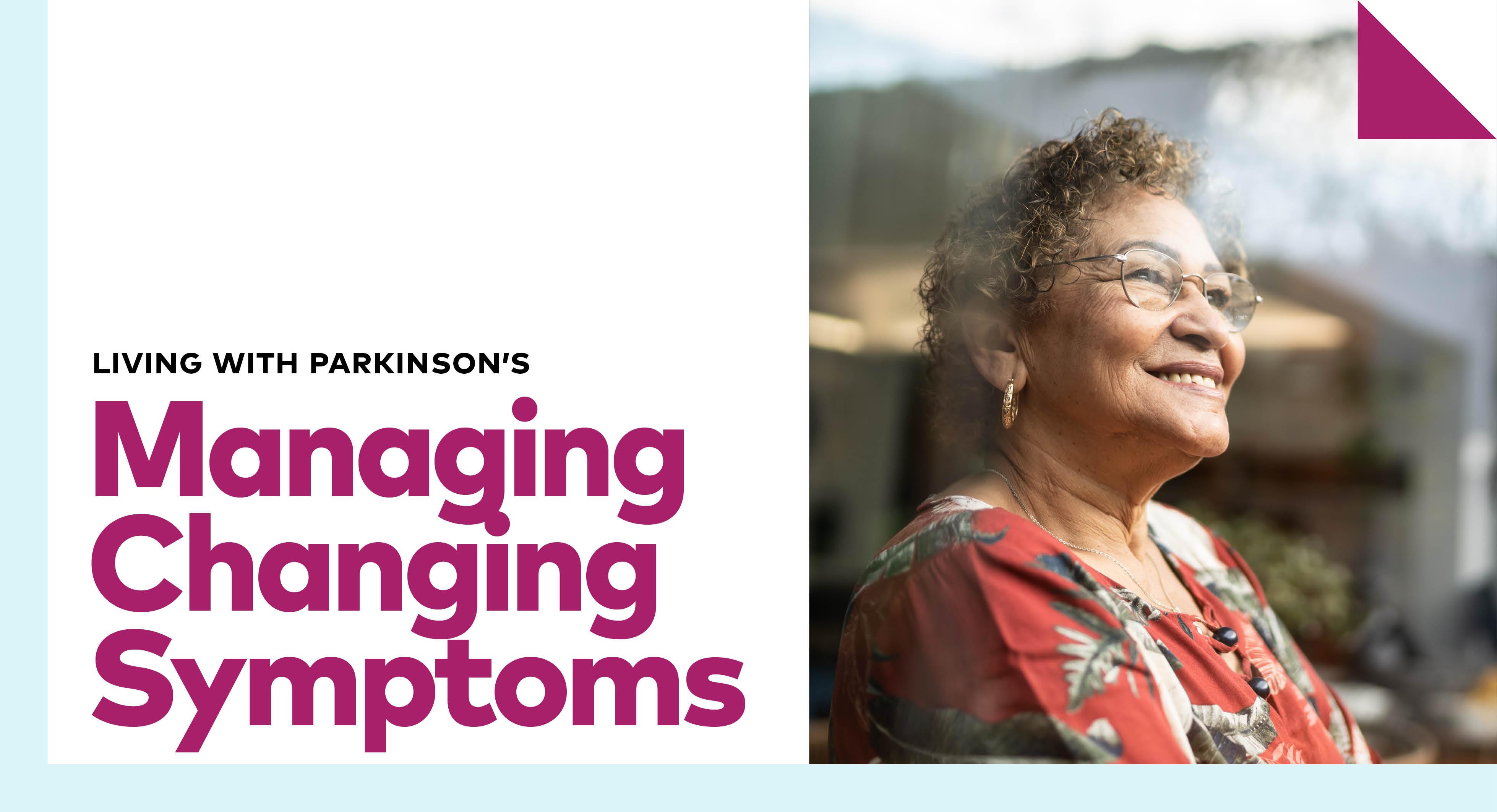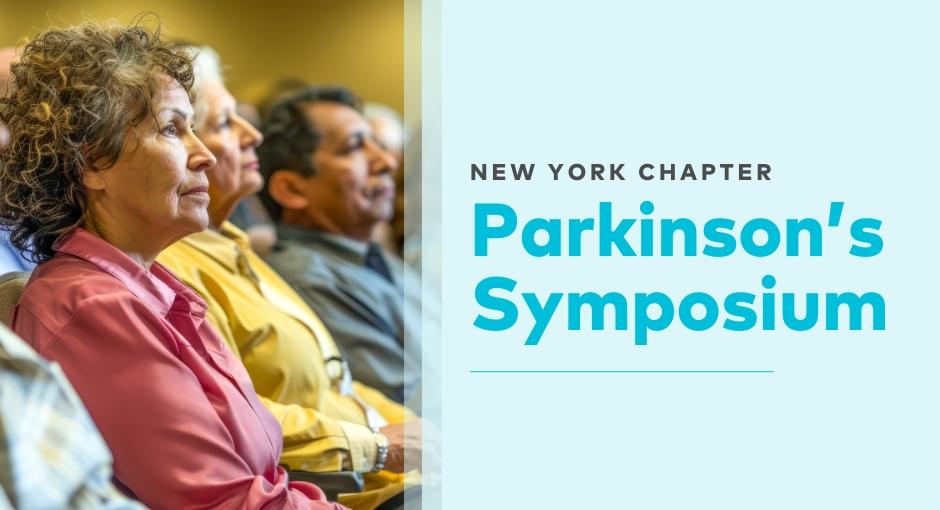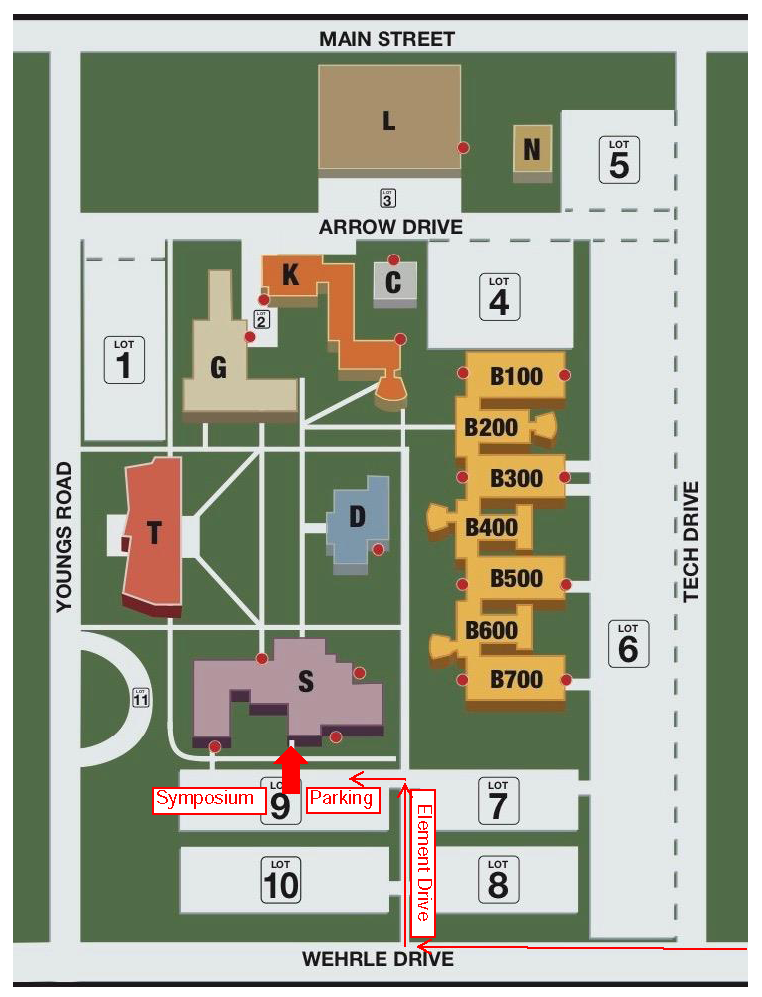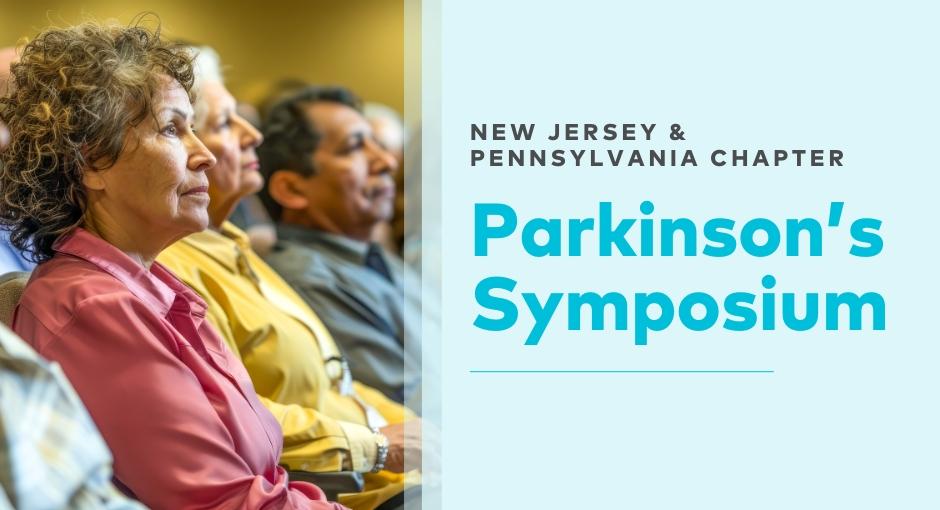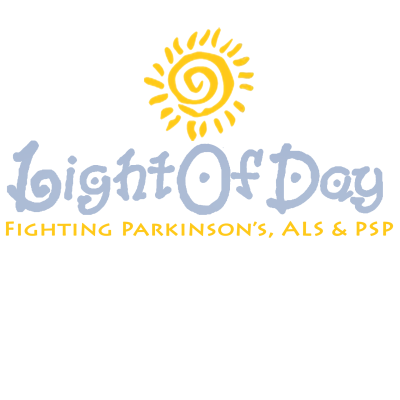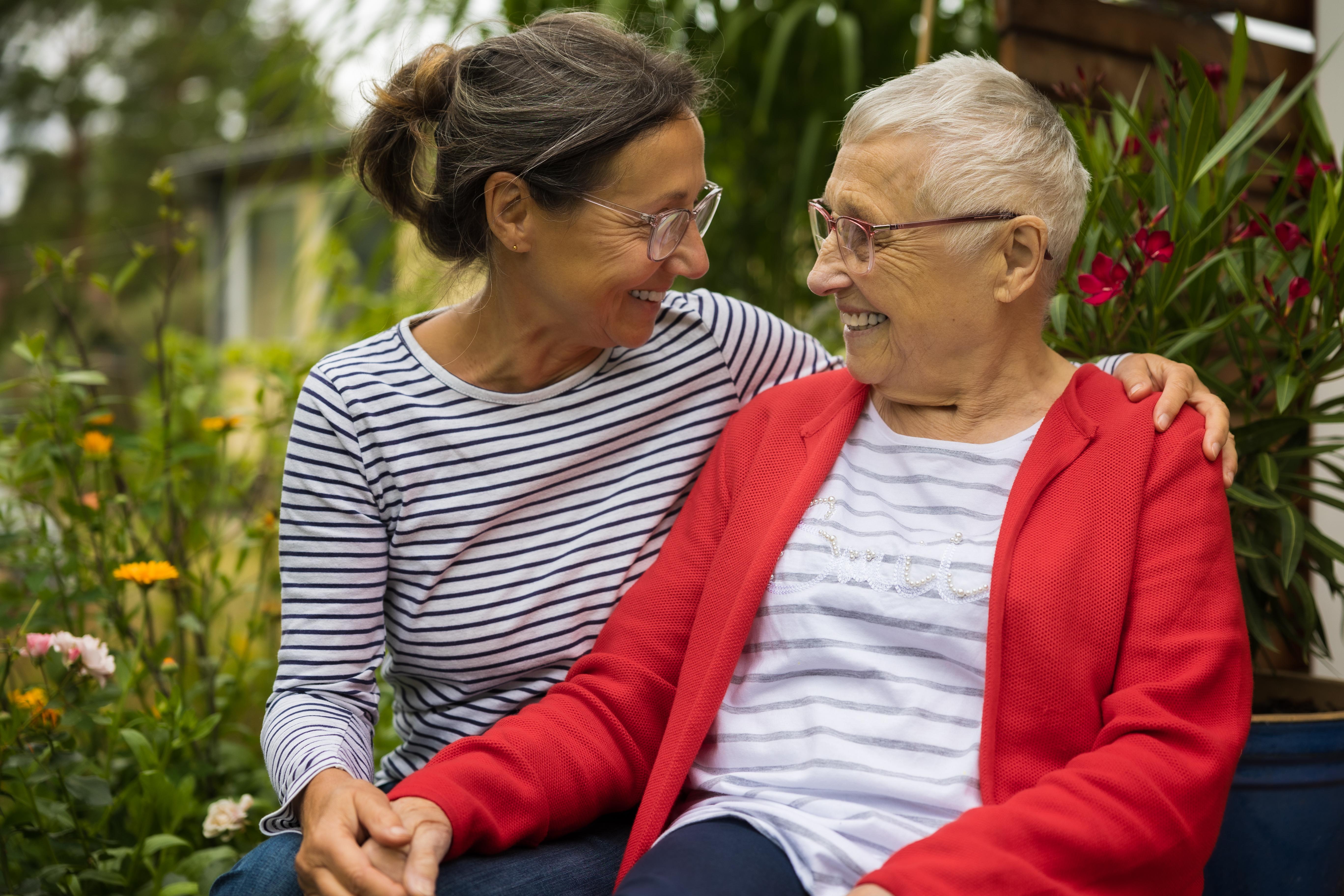2026 Peachtree Road Race
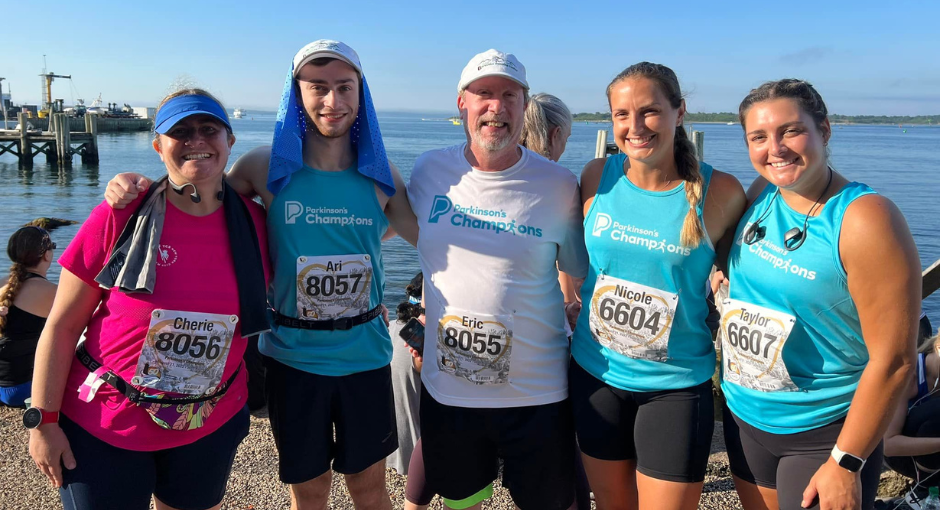
The Parkinson's Foundation hopes to be an official charity partner for the 2026 AJC Peachtree Road Race. By signing up to run as a Parkinson's Champion you commit to raising funds and awareness for the Parkinson's Foundation, and in return you get access to a free entry (bib) to the race in addition to tons of other fun benefits and perks. To join our interest list, send us an email.
Fundraising Commitments:
TBD
The AJC Peachtree Road Race isn't just a race; it's a celebration of community, determination and the unyielding spirit of Atlanta. For more than half a century, this race has brought together individuals from all walks of life, united by their interest in spending Independence Day together in a one-of-a-kind running and walking community celebration. The 6.2 miles of the Atlanta Journal-Constitution Peachtree Road Race takes participants from the streets of Buckhead to the corners of Midtown, finishing in Atlanta's Piedmont Park.
NOTE: Please be aware that race weekend can have very high temperatures. Please consult with your doctor to ensure you have a plan to stay safe while exercising in the heat.
Are you looking for a fun way to volunteer for the Parkinson's Foundation & raise your voice while raising awareness? Come out and cheer on our incredible athletes! Learn more and apply at Parkinson.org/ChampionsCheer.
If you have questions, send us an email. For more information about the race itself, visit the Peachtree Road Race Homepage.
Contact Us
Parkinson's Foundation Georgia
Upcoming Events
Mindfulness Mondays - Cultivating Connection and Presence in the Holidays
This session highlights mindfulness practices to help you stay present and savor meaningful connections.
Mindfulness Mondays - Setting Intentions with Self-Compassion
Start the year by setting meaningful intentions and embracing self-compassion.
Mindfulness Mondays - Embracing Beginner’s Mind
Through guided mindfulness practice, we’ll explore curiosity, openness, and the ability to see each moment, and each symptom, as new.
